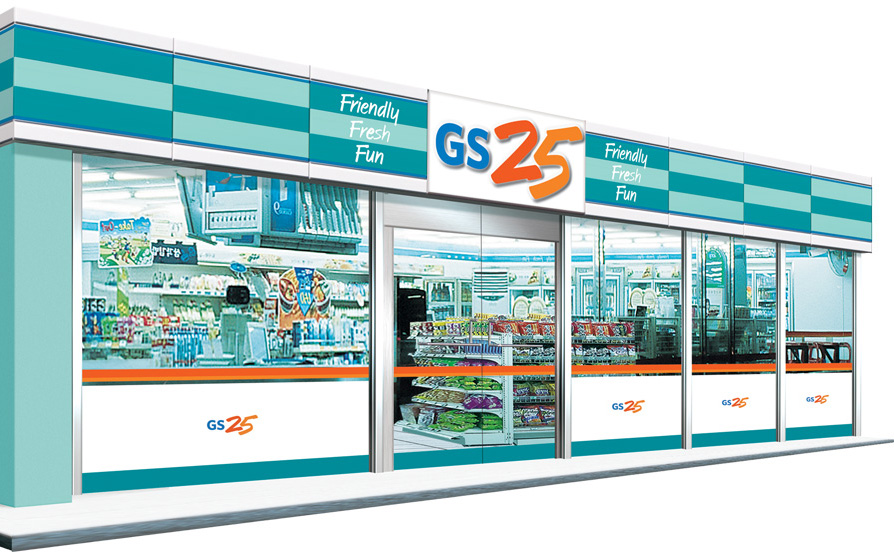
You are walking around the streets of Seoul, South Korea. You spot a convenience store and enter, expecting drinks or a bags of crisps. However, you’re amazed at the shelves packed with various cup noodles and packed meals. Unlike convenience stores in many other countries, South Korean convenience stores have a variety of frozen food and prepared for customers to eat within minutes.

Both Japan South Korea are relatively small countries, as well as busy ones. Overpopulation has forced some people to work very diligently, resulting in some people spending more than 13 hours at their office daily. Due to this phenomenon, more and more people began to search for a place to finish their meals quickly—and this place is the convenience store. In other countries, convenience stores are considered places to buy simple snacks such as drinks or bags of crisps. However, in Korea, convenience stores, also known as ‘편의점'(Pyun-yi-jum) are places to buy meals. All the packed lunches in the convenience stores arrive at the store frozen. Then, the consumer either uses the microwave or hot water to heat them up. Utensils and tables are readily available for customers to finish their meals quickly. Like South Korea, Japanese convenience stores provide hot food as well as booking tickets and offering other specialized services.
So, how are these meals made, and are they healthy?

These lunch boxes are made in factories in great quantities. Since it is the making of food, which requires trust from customers, thorough sanitation checks repeatedly occur throughout the process of manufacturing. Factory workers directly place each of the foods carefully in the box, without using machinery. After these meals are packaged in the factory, they are delivered to convenience stores around Korea. It takes around two days for them to arrive at the store with the possibility of the food falling off in quality or spoiling. However, chemicals such as ‘food emulsifier’ and MSG are added to preserve the foods’ taste for a long period. Though customers believe that fresh ingredients are used, the truth is that all the foods are basically chunks of chemical substances that are noxious to our bodies. Research shows us that consuming MSG can provoke drowsiness and increases your heart rate. In some countries including the U.S., it is illegal to allow babies under the age of three to consume food containing MSG.
Though people these days do not have much time to cook and their demand to eat fast foods has increased, people should also consider the detrimental side of consuming fast foods. For example, according to ‘McDonalds Statistics’, (Source) people’s demand for McDonalds burgers has increased by 30% since 1980. Also in China, as people work a lot and their need for fast meals has increased, professional food delivery services such as Meituan (美团), are widely used. As more and more people consume fast foods, quality checks are essential to ensure the healthiness and safety of the meals. Now that you know eating instant food has no merits, spare some time to prepare homemade a lunch. Although consuming fast food could save time, we should keep in mind that it can be a detriment to our health and well-being.
For more information, please visit Myungshinohh (information in Korean)